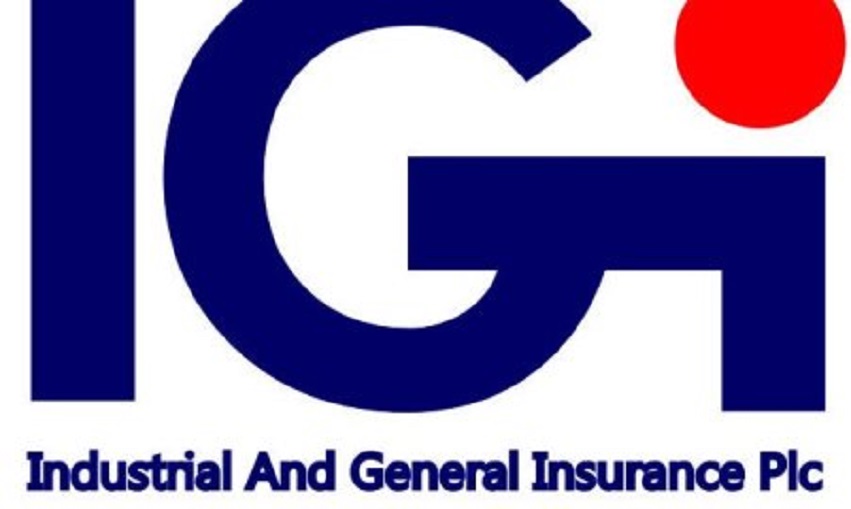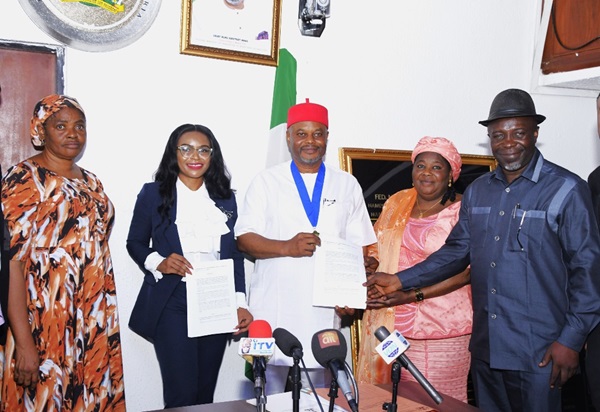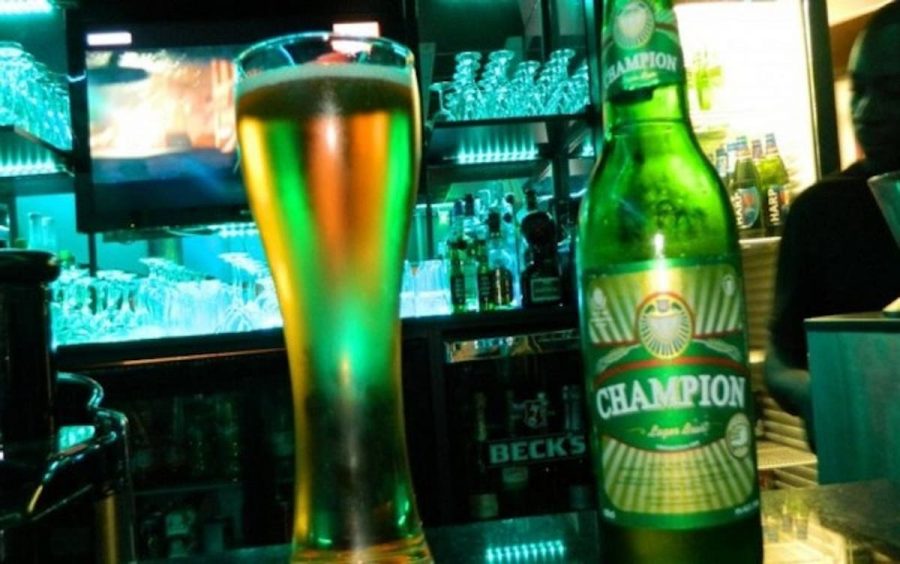Place your adverts here on InfoDig @ low rates; banner ads, sponsored links and guest articles etc. Contact us
Nigeria’s worsening economic crisis and skyrocketing petrol prices have forced many, including 72-year-old Bolaji Emmanuel, to abandon their cars. Emmanuel, a retired health worker, has given up his Honda Pilot SUV and now uses public transport, a reflection of the growing strain on disposable incomes in Africa’s most populous country.
Petrol prices have surged more than fivefold since President Bola Tinubu took office in May 2023. “It’s not convenient, but it’s what the economy demands,” Emmanuel explained, as petrol now costs 998 naira per litre in Lagos and up to 1,300 naira in other regions.
 Buyers check some clothes while shopping at a stall in the Balogun Market in Lagos on December 18, 2023. – Christmas and year-end celebrations are marred by the economic crisis and soaring prices in Nigeria. Poverty in the most populous country in Africa has risen in 2023, affecting 104 million people, compared to 79 million five years earlier, according to the World Bank. The prices of food items and basic goods have skyrocketed following an increasing inflation rate and devaluation of the Naira, making daily life increasingly difficult for millions of Nigerians. (Photo by Benson Ibeabuchi / AFP)
Buyers check some clothes while shopping at a stall in the Balogun Market in Lagos on December 18, 2023. – Christmas and year-end celebrations are marred by the economic crisis and soaring prices in Nigeria. Poverty in the most populous country in Africa has risen in 2023, affecting 104 million people, compared to 79 million five years earlier, according to the World Bank. The prices of food items and basic goods have skyrocketed following an increasing inflation rate and devaluation of the Naira, making daily life increasingly difficult for millions of Nigerians. (Photo by Benson Ibeabuchi / AFP)The sharp price hikes followed Tinubu’s decision to end the longstanding fuel subsidy and liberalize the naira, measures intended to revive the economy. However, these reforms have led to one of Nigeria’s worst crises in decades, with inflation hitting a nearly 30-year high of 34.19% in June before easing to 32.7% in September.
More than 40% of Nigerians live in poverty, and the situation is expected to worsen through 2025, according to the World Bank. Many middle-class Nigerians, once able to afford private cars, are now selling them to cope with rising costs.
Car dealers in Lagos and Abuja report a surge in people trading in their fuel-guzzling vehicles for more efficient options. “People are selling their big cars, but there’s little demand,” said Maji Abubakar, a car dealer in Abuja, noting that cars with larger engines have become difficult to sell.
With fewer vehicles on the road, Lagos’ notorious traffic jams have thinned. More people are turning to smaller, fuel-efficient cars, Chinese-made vehicles, or even bicycles. Despite the lack of cycling infrastructure in cities like Lagos, bicycle use has grown since the fuel price hikes.
 Maize is displayed by a trader at the market in Jibia on February 18, 2024. – Nigeria, which shares 1,600 km of border with its neighbor, was until now one of Niger’s main trading partners with $193 million in exports in 2022 according to the United Nations (electricity, tobacco, cement, etc). Since the border closure, it has even been a double whammy for the local population, who have seen food prices explode under the combined effect of new movement restrictions and galloping inflation after the Nigerian president , Bola Ahmed Tinubu, in office since May, implemented economic reforms which plunged the country into crisis. (Photo by Kola Sulaimon / AFP)
Maize is displayed by a trader at the market in Jibia on February 18, 2024. – Nigeria, which shares 1,600 km of border with its neighbor, was until now one of Niger’s main trading partners with $193 million in exports in 2022 according to the United Nations (electricity, tobacco, cement, etc). Since the border closure, it has even been a double whammy for the local population, who have seen food prices explode under the combined effect of new movement restrictions and galloping inflation after the Nigerian president , Bola Ahmed Tinubu, in office since May, implemented economic reforms which plunged the country into crisis. (Photo by Kola Sulaimon / AFP)Food delivery services, such as Glovo, have also seen increased interest in bicycle deliveries, with about 20% of orders now delivered by bike, according to Glovo’s public relations manager, Chidera Akwuba.
The cost of new cars has nearly doubled, making used or alternative options increasingly popular as Nigerians continue to navigate the economic challenges.

 3 hours ago
26
3 hours ago
26














 English (US) ·
English (US) ·